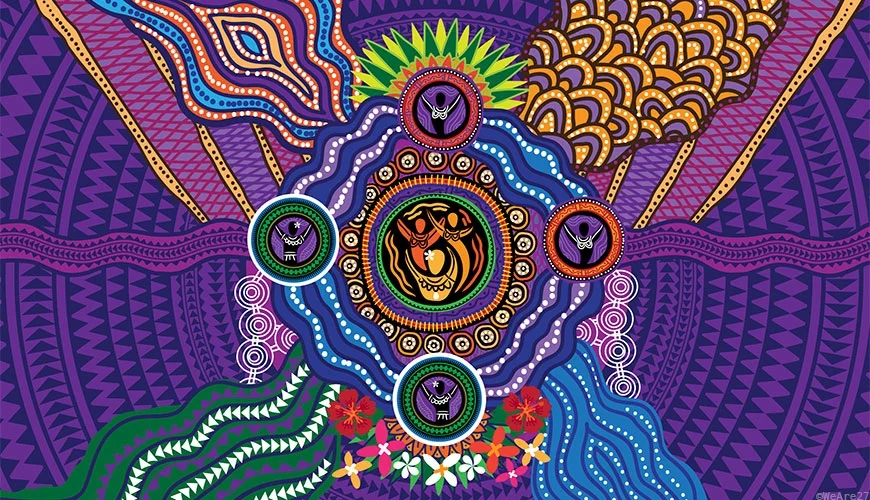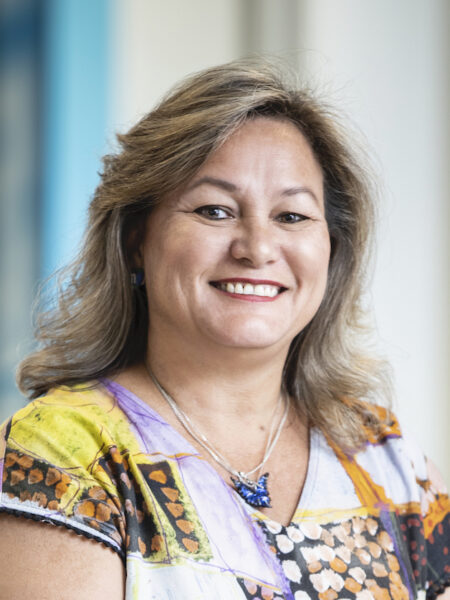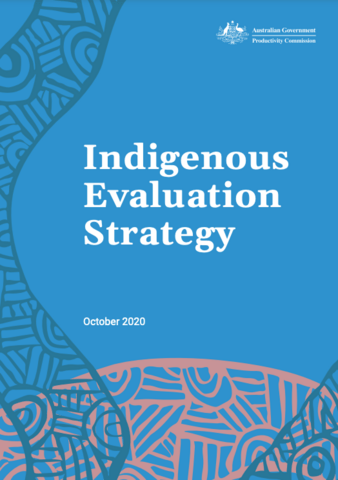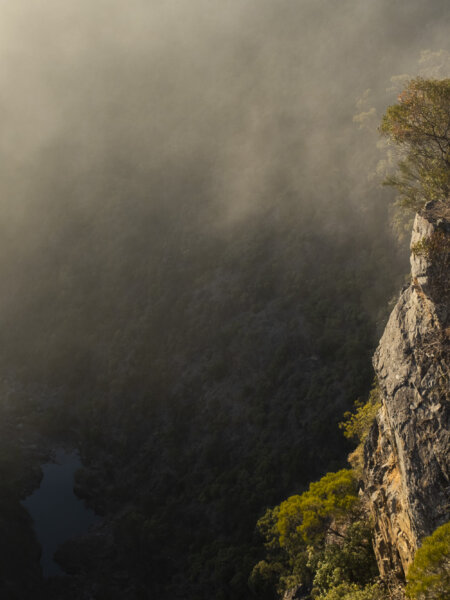I could not agree more. This report and its First Nations female-led plan for structural change is ambitious in scope, entirely necessary, and well overdue. It is the culmination of a national engagement project, the first of its kind since the Women’s Business Report in 1986.
Over the course of the Wiyi Yani U Thangani engagements, I spoke to over 2000 women and girls from over 50 locations around the country, from urban centres to the most remote communities on the map.
This was intentionally a project without agenda. It was driven by our women and girls, who set the tone and determined the dialogue. The result is a report shaped by their candid and fearless conversations that is not confined to a single sector or someone else’s interpretation of their lives.
What I heard throughout the engagements only reinforced what I already knew to be true—that across Australia our First Nations women and girls hold remarkable strengths, resilience, knowledge and boundless potential. Whether it is in the boardroom, in our homes, or out on country, our women are the backbone of our communities.
I heard about women and girls succeeding in all aspects of life—in the classroom, the workplace, the sports field, and in their communities. I heard about our women leading communities in celebration, in practicing culture, in transferring knowledge and in helping our families to cope and heal in times of crisis and grief.
But I also heard how their contributions were often undervalued or overlooked by Australian society and its institutions and how their triumph often exists on that hard edge, of being won in the face of adversity.
Wiyi Yani U Thangani charts the imposition of Western systems and their impacts today. Since colonisation, the structures that have come to govern over us are so divorced from our realities that they continuously fragment our lives and relegate us to the margins.
Women and girls described how imposed structures—even those intended to provide support—are trapping them and their communities in cycles of intergenerational poverty and powerlessness, leaving them increasingly vulnerable to the harms of violence and addictions that manifest from the despair of dispossession and unresolved trauma.
The Wiyi Yani U Thangani report has responded to this by providing a comprehensive roadmap—seven overarching structural reform recommendations—to tackle the root causes of systemic issues, highlight the alternatives needed to reconstruct enabling systems, and fundamentally shift how Australian governments engage with First Nations peoples into the future.
At the national level, we need action to eradicate racism, to embed truth-telling, cultural safety and trauma-informed training across all services and sectors, and—as a matter of urgency—to increase investment into community-based programs that will help us to heal from intergenerational trauma and sustain and revive our knowledge systems, Law and languages.
To achieve this, we must empower our women and girls and invest in their expertise and the critical work they are already doing. That is why—as a priority—Wiyi Yani U Thangani recommends establishing a First Nations women and girls National Action Plan, a women and girls advisory body to design and monitor the implementation of the National Action Plan, and targets for our women and girls to lead across all levels and sectors.
First and foremost, Wiyi Yani U Thangani belongs to our First Nations women and girls. This is their report. It holds their voices on every page and it affirms their lived realities and their aspirations for a better future and their role in it.
The report elevates our women and girls’ united call to be heard, to be valued for all of who they are and the contributions they make, and to have it acknowledged that their participation and leadership is indispensable to creating a better tomorrow.
As a ‘whole of life’ report, Wiyi Yani U Thangani is a tool for Aboriginal and Torres Strait Islander women and girls to use to push against and overcome the barriers that stand in the way of enjoyment of their human rights across a myriad of issues and sectors.
But the Wiyi Yani U Thangani report is not only a tool for our women and girls—it is also a tool for others who are committed to working in partnership with them.
I have often said that while the solutions for our peoples must be led by our peoples, it is crucial that our fellow non- Indigenous Australians walk alongside us. It is in partnership that we will together bring into being our shared vision of a better, fairer Australian society.
The Wiyi Yani U Thangani report puts in the hands of all Australians the lives and truths of our women and girls. Read and listen to them. In responding we will unleash their determination, power and potential to improve their lives and those of all Australians.
Read the Wiyi Yani U Thangani (Women’s Voices) Report here.




